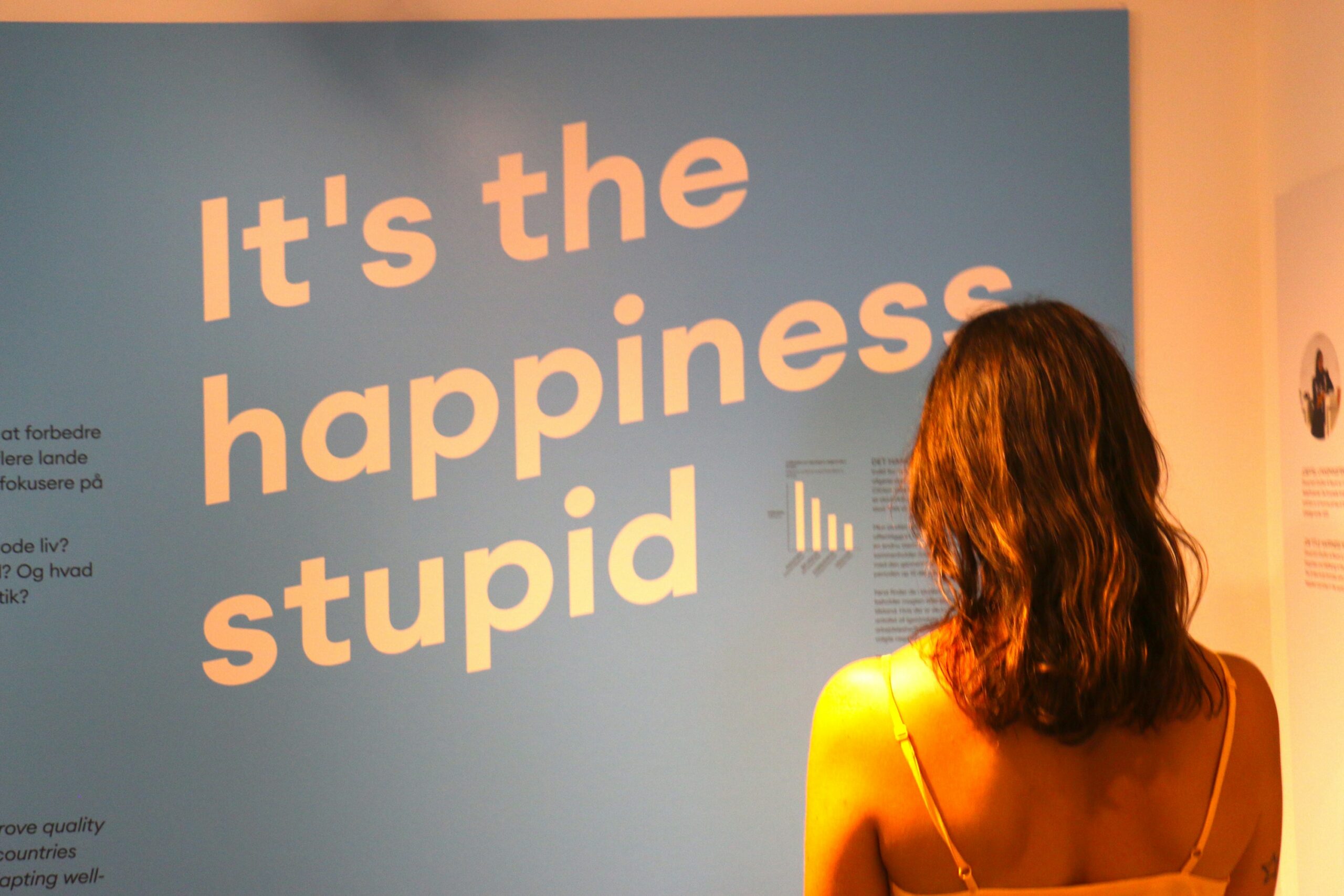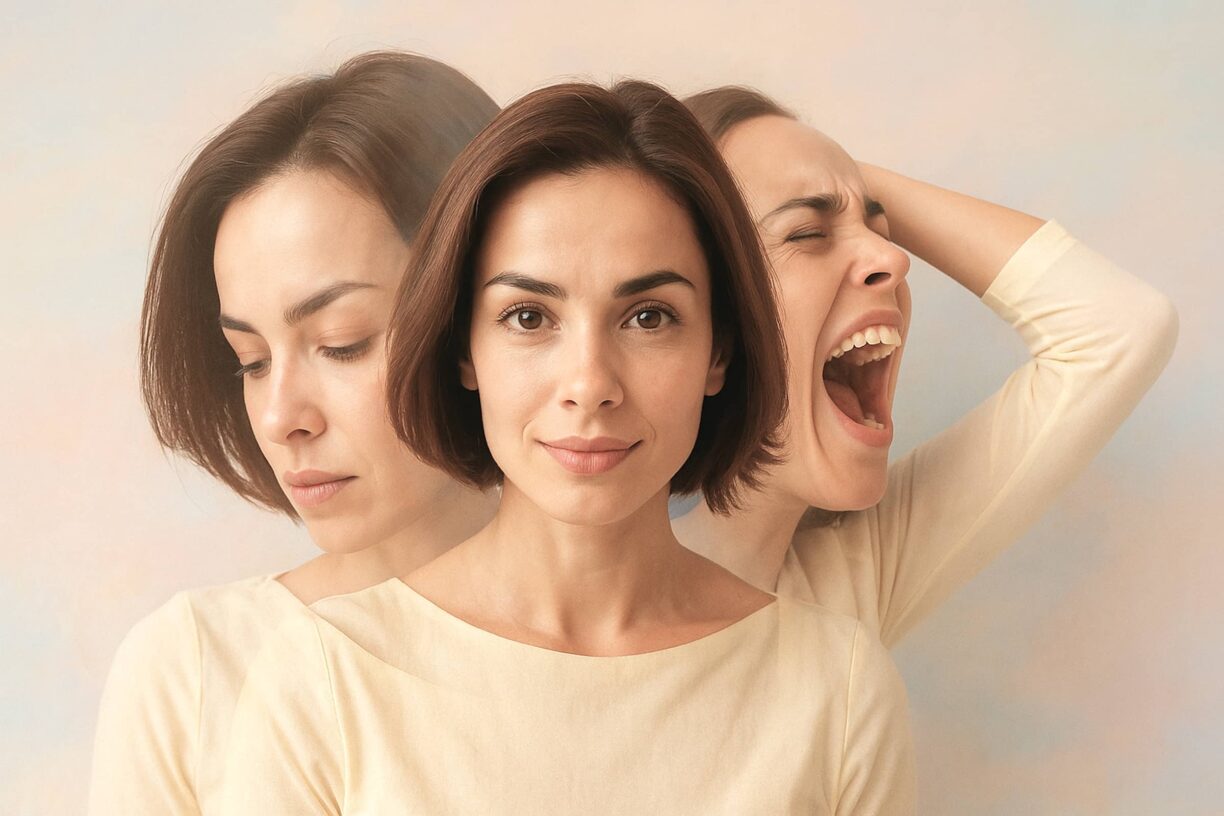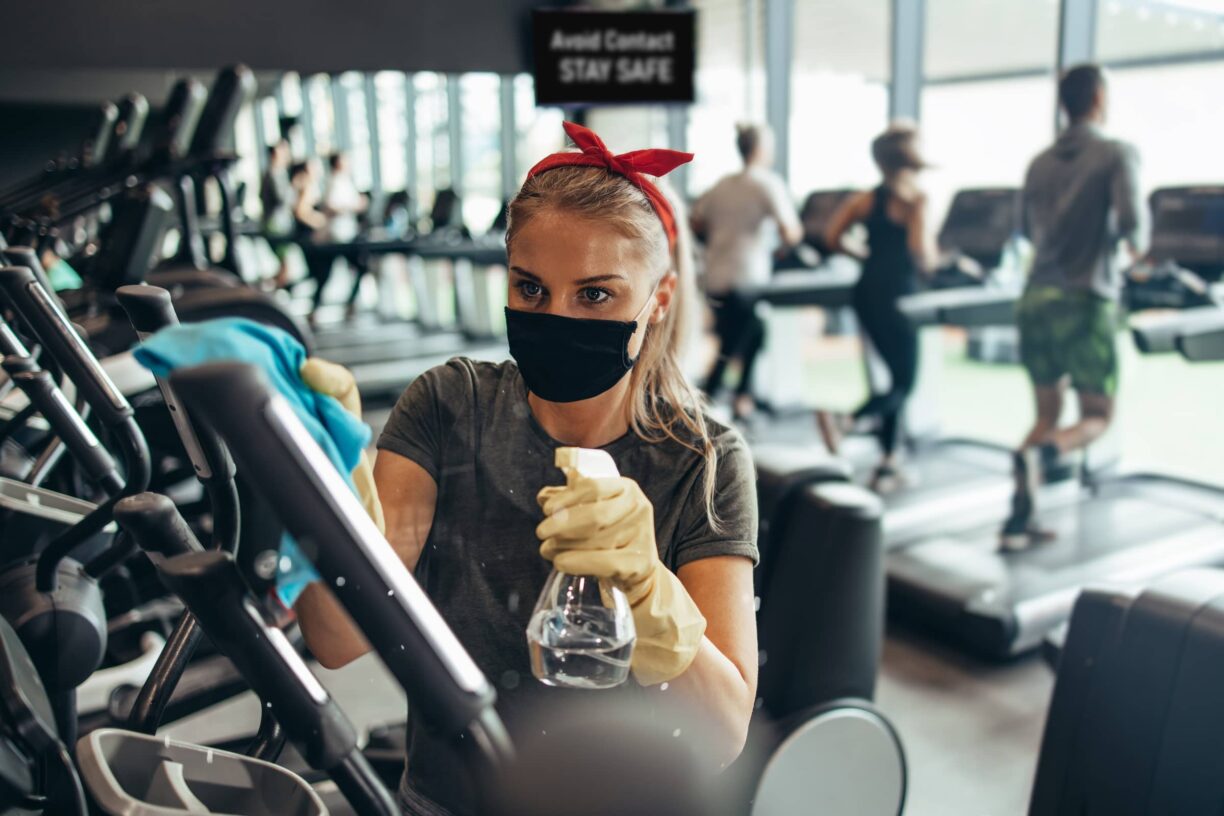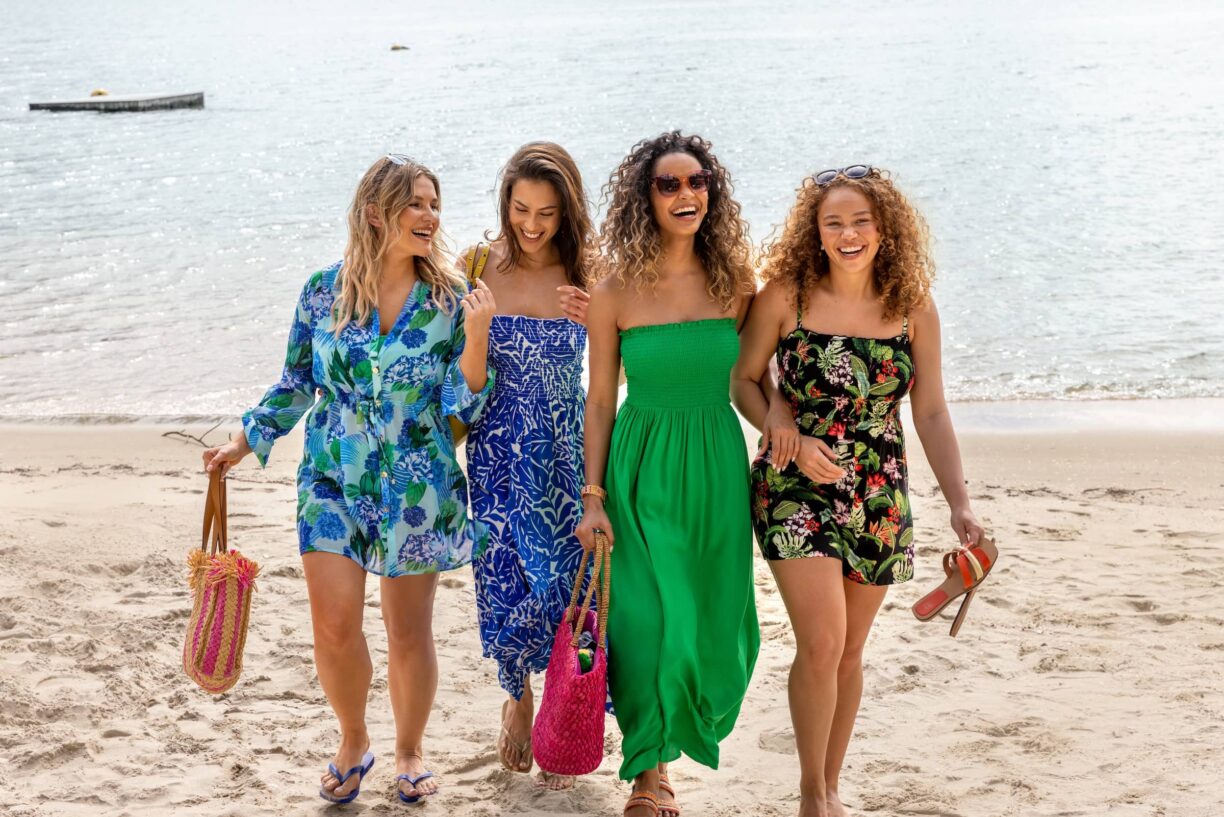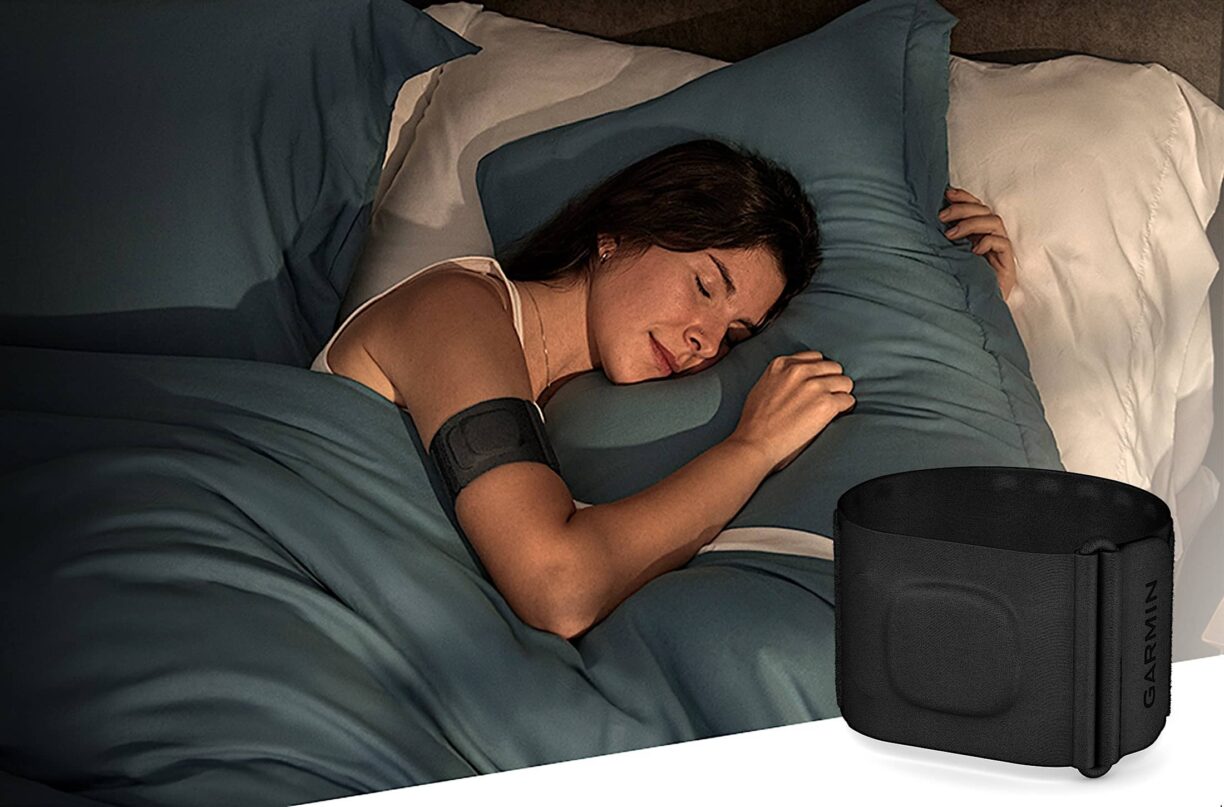Happiness and 2020 have not always seen eye-to-eye.
Whether it’s social and political upheaval, natural disasters, or the small matter of a global pandemic, two-thirds in, 2020 is already being touted as a career year for awfulness, and the tunnel is only showing slight signs of light.
Perhaps, then, we could all learn a little something from Denmark – perennially named among the happiest countries in the world. July brought the low-key opening of The Happiness Museum in capital Copenhagen, a new installation curated by influential think tank The Happiness Research Institute.
The Institute’s purpose is to oversee research into mental wellbeing and quality of life, and the museum is intended as a microcosm of their findings.
“Our hope is guests will leave a little wiser, a little happier, and a little more motivated to make the world a better place,” says CEO of The Happiness Research Institute, Meik Wiking. “We think Denmark is an obvious home for a museum that focuses on how we create a better framework for good lives.”
It’s difficult to put happiness in a glass case, so the eight rooms use interactive exhibits to explore happiness from different perspectives. These range from the thoughtful to the playful; from medieval tomes on contentment, to using a mirror to find out which side of the Mona Lisa’s face is actually smiling.
The Politics of Happiness room digs into the sometimes spurious link between wealth and happiness – in part via a John F Kennedy speech – while the Happiness Around the World room is coated with post-it notes bearing memories and musings written by visitors.
The exhibits often pose challenging ethical and emotional questions. If you could live in a Matrix-esque world of artificial pleasantness, would you do so? Can you and would you buy happiness? And would you actually return a lost wallet you found on the floor?
Other rooms include the science, history, and geography of happiness, which incorporate everything from emotionally intelligent AI to a world map ranking countries by their happiness.
The museum’s Covid-19 protocols include a strict one-way system, and a cap of 50 guests at any one time.

